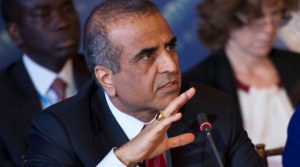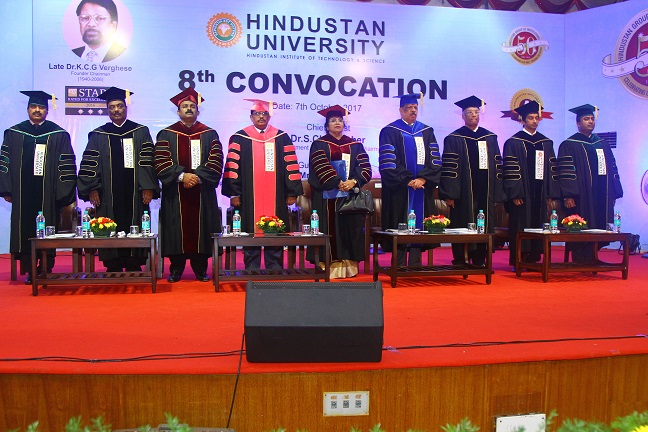Bharti’s Mittal says: Telecom industry under stress

Khevna.P.Shah, INN/Bangalore
@Shahkhevna1, @Infodeaofficial
Sunil Mittal, the chairman of Bharti Airtel was concerned because the telecom industry is under monumental stress, but he is hopeful that the government would take the necessary steps to ensure that the sector remains vibrant and isn’t reduced to a demerger.

“I don’t know what norms the government will apply but I know it’s concerned about the sector, and I’m hopeful that something should happen,” Sunil Mittal said Thursday.
In the competitive market, it is very difficult for a company to survive. For instance, Vodafone Idea is unable to line up funding or even raise tariffs in the market. This brought about concerns to the Bharti founder, Sunil Mittal. He recently said at the Qatar Economic Forum that it would be tragic if India went down to just a two-telecom player market as this large country deserved at least three private telcos.
When asked, Will Airtel be the only beneficiary? To that Mittal answered no. This is open to every operator in the country. We will love to give this to Jio, we will love to give this to Vodafone,” he said
He further said that “while mobile tariffs should go up, Airtel won’t raise prices unilaterally. “Industry ARPU at around Rs 130 is way below the pre-Jio Rs 220-230 levels and is totally unsustainable, but any decision to raise tariffs can’t be unilateral since Airtel is already at premium pricing…so we have to be mindful of the market, but the market repair has to take place.”
OneWeb is setting up a global constellation of LEO satellites that will be leveraged to offer fast internet-from-spaces services worldwide. It is preparing to deliver high-speed, low-latency satellite broadband services in rural and remote regions globally including India.
OneWeb’s prime ambitions are in the emerging internet-from-space segment and upcoming competition from Elon Musk’s Starlink and Jeff Bezos-founded Amazon, Mittal said that much like the current three-operator telecoms sector, there are adequate room for three low-earth orbits (LEO) satellite constellations to operate in India and that Bharti-backed OneWeb “welcomed competition”.
“In India, we need to build ground stations, one in North India and one in South India. The identification of land has been done. We are now waiting for licenses, permission for our landing rights, bandwidth, and use of spectrum from the Department of Space and the Department of Telecom. We are hoping to get all this done this month hopefully,” he said.
Mittal said OneWeb is close to securing landing rights and market access from the Indian authorities, which will pave the way for its planned rollout of satellite internet services in India by June 2022.
Mittal expects OneWeb to “break-even within 24 months of full commercial operations,” on grounds that running costs are low and the satellite industry works on very high Ebitda margins. He, though, said satellite services would be expensive, but OneWeb is in talks with Isro and tech companies, including some from Israel, to price user access satellite terminals more affordable at around $500-600 from the current range of $1,000-2,000.
Mittal, who is the executive chairman of OneWeb said that the Bharti Group-backed LEO satellite communications company would raise some more capital in July and is “in advanced conversations” with potential investors. “We’ll raise some amount of money in July through strategic participation to get the right candidates on the shareholder table.”
OneWeb’s plans to raise more cash come just days after Bharti Global, the overseas arm of Bharti Enterprises, decided to pump in an extra $500 million into the LEO satellite communications company, which once concluded will raise Bharti’s over-investment in the satellite broadband venture to $1 billion. OneWeb has already raised $2.4 billion.
The launch marked the conclusion of its ‘Five to 50’ mission that would take OneWeb’s total in-orbit constellation to 254 satellites. These would form part of OneWeb’s 648 LEO satellite fleet that will deliver high-speed, low-latency connectivity across the UK, Canada, Alaska, Northern Europe, Greenland, and the Arctic Region.




